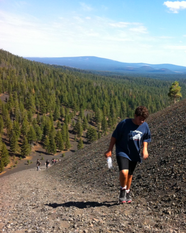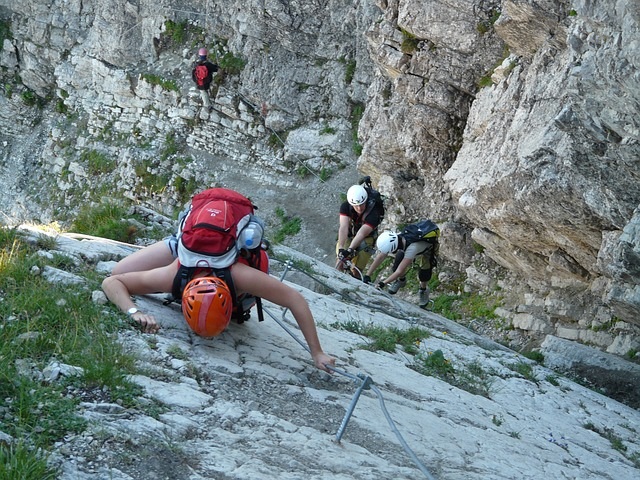
These are questions that teacher, author, and consultant Rick Wormeli addressed in an article published recently in Association of Middle Level Education (AMLE) magazine.
He based his answers on the work of psychologist Carol Dweck who promotes a growth mindset
Wormeli takes Dweck’s idea as a jumping off place and suggests how we can change fatalistic attitudes in our students to help them persevere in learning. He divides his suggestions into three categories: interpersonal strategies, assessment and grading, and lesson strategies.
In the first category, Wormeli makes clear the relationship between student/teacher relationship and student success in school. Students persevere for those who believe in them and support them. For this reason, Wormeli encourages educators to take the steps to foster connections with their students. A positive, happy classroom has students who engage longer, engage more deeply, and consequently learn more.
In assessment, he shows that descriptive feedback helps students persevere more than simple numerical grading. Descriptive feedback focuses students on self-evaluation and reflection as opposed to simply accepting a fixed assessment from the teacher. He also suggests that we help students to see their growth and progress. When people perceive growth they persevere even when the task is difficult.
Lastly Wormeli offers strategies for lesson development. Work should be meaningful to students. He states, “Meaning-making is the root of perseverance.” Goals should also be clearly presented. Students who know the goal of their learning will engage longer when a task is challenging. Providing multiple tools for engagement will help students find an avenue for their success—to find a route that will allow them to navigate toward their goal.
In my class, we begin the year by climbing a volcano at a nearby national park. (You can read about it by clicking this linked sentence.) Students are initially overwhelmed when they see how steep and how tall the mountain looms before them. They believe they cannot succeed. However, we tell them to hike together because we know that relationship is key to success. There is always at least one student who straggles ready to give up. A teacher walks with them. They never walk alone.
As they climb, we give them feedback. “You’re over halfway there.” “Only a little while more.” When they feel they can’t go any higher, we tell them to look behind them and see how high they have risen. Seeing the valley floor so far below helps them measure their progress.
They look ahead at their goal, and we tell them they won’t regret the climb once they see the view. We all wait up at the top cheering on that last student. No one comes off the mountain until everyone experiences success.
This journey becomes a metaphor for our school year. When the task is hard, we remind them that they conquered a volcano; they persevered, and together we continue to climb higher throughout the year.

 RSS Feed
RSS Feed